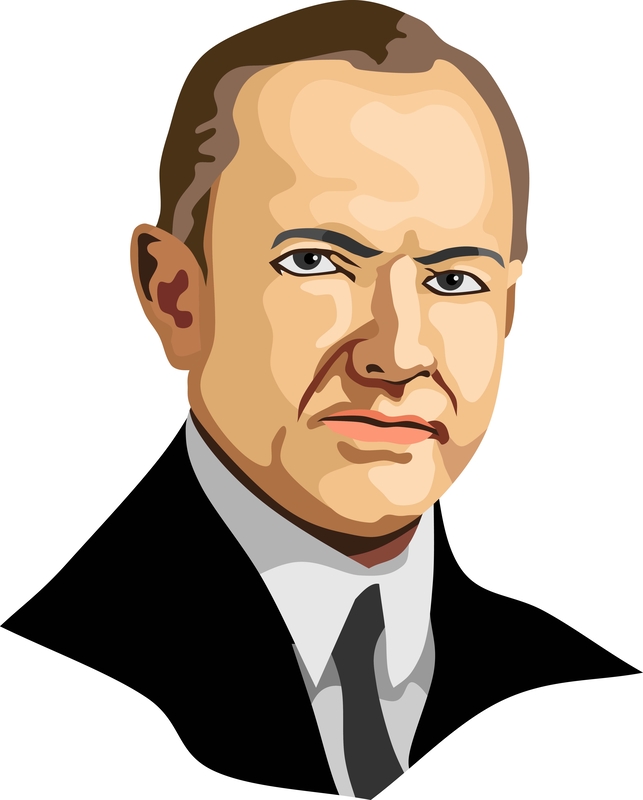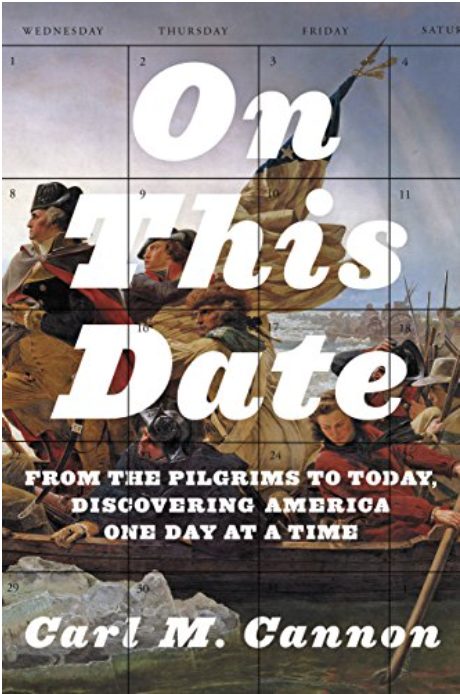Great American Stories: When Calvin Coolidge Stepped Up

Ninety-eight years ago today, Calvin Coolidge took the oath of office upon the death of Warren G. Harding. It was a most unusual presidential swearing-in, and certainly the most private. Tweet

Ninety-eight years ago today, Calvin Coolidge took the oath of office upon the death of Warren G. Harding. It was a most unusual presidential swearing-in, and certainly the most private.
“On the night of August 2, 1923, I was awakened by my father coming up the stairs, calling my name,” Coolidge wrote in his autobiography, recalling that fateful visit to his family home in the Vermont town of Plymouth. “I noticed that his voice trembled. As the only times I had ever observed that before were when death had visited our family, I knew that something of the gravest nature had occurred.”
Col. John Coolidge handed his son written confirmation that President Harding had passed away. “My wife and I at once dressed,” Calvin Coolidge recalled. “Before leaving the room I knelt down and, with the same prayer with which I have since approached the altar of the church, asked God to bless the American people and give me power to serve them.”
Although this was nearly a century ago, Coolidge’s language is striking — at least to me — in how much it reminds me of how Joe Biden speaks. And if you thought Biden’s inaugural ceremony was muted (thanks to a pandemic), Calvin Coolidge’s was infinitely more so: Once downstairs, Col. Coolidge, who was a notary public, administered the oath of office to his son by lamplight.
When Vice President Calvin Coolidge was informed that President Warren G. Harding had died on a trip to San Francisco, Coolidge had the brief pledge that Harding had sworn typed out on a piece of paper and given to his father.
“The oath was taken in what we always called the sitting room, by the light of the kerosene lamp, which was the most modern form of lighting that had then reached the neighborhood,” Coolidge wrote later. “The Bible which had belonged to my mother lay on the table at my hand. It was not officially used, as it is not the practice in Vermont or Massachusetts to use a Bible in connection with the administration of an oath.”
Coolidge’s first thoughts as president were ones of sympathy for his predecessor’s family — and anxiety that Americans would wonder what kind of changes in policy the man who had been elevated from the vice presidency had in mind. He addressed the first concern with a telegram of consolation to Florence Harding. He then issued a statement assuring Americans that he would propose no sweeping personnel or policy changes in the administration.
Without criticizing Harding, Coolidge had in mind a significant change in tone, however. The new White House would be known for much greater probity in the president’s personal conduct and much less cronyism on the part of administration officials.
In other words, the Coolidge White House would feature neither racy love letters to mistresses nor the corrupt cronyism that resulted in the Harding administration’s Teapot Dome scandal.
Today, Coolidge’s scrupulousness is rarely remarked upon. We prefer humorous (and often apocryphal) tales of how “Silent Cal” lived up to his nickname. Or perhaps we reprise the man’s most famous quote: “After all, the chief business of the American people is business.”
But as I’ve written before, that is a partial quote, taken out of context. Actually, what Coolidge said about this country was pretty much the opposite. The business of the American people, he proclaimed, is “idealism.” Hopefully that will be true again someday.
Carl M. Cannon is the Washington bureau chief for RealClearPolitics. Reach him on Twitter @CarlCannon.





